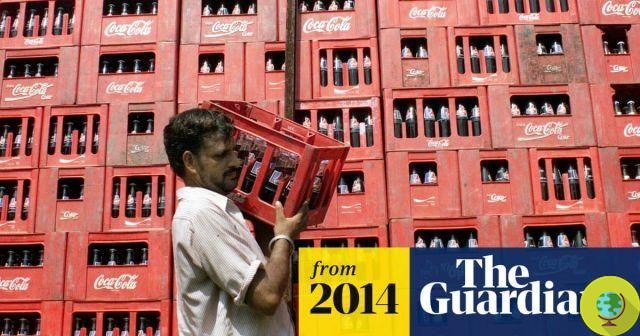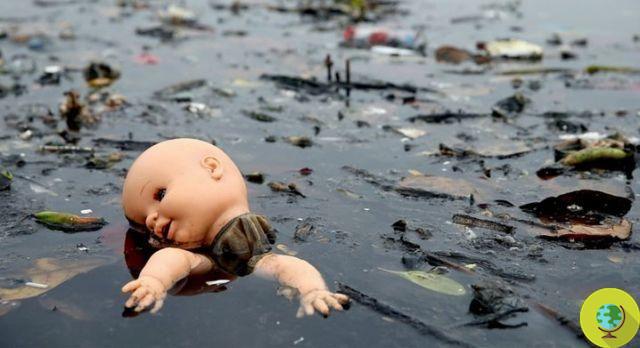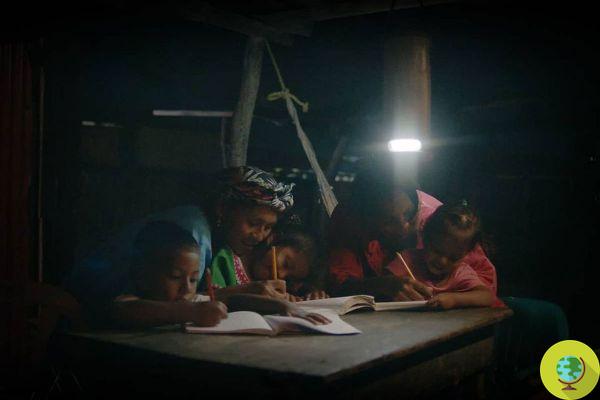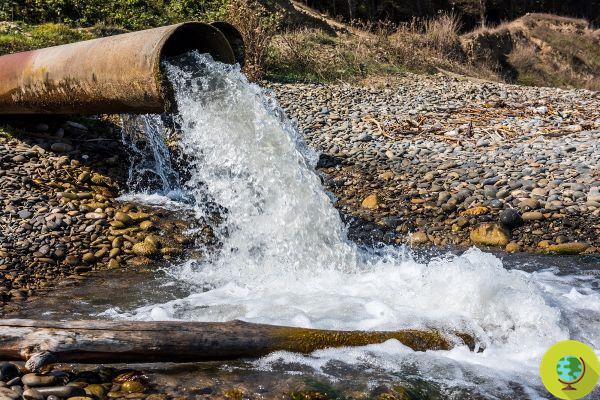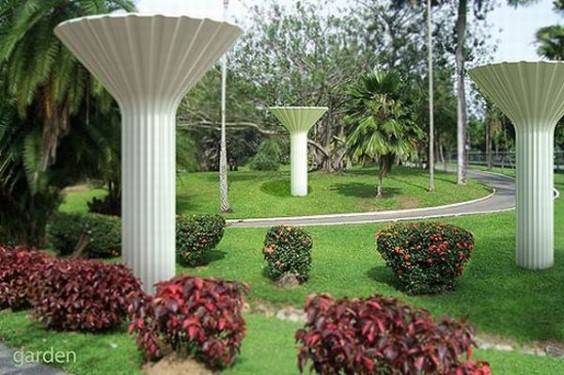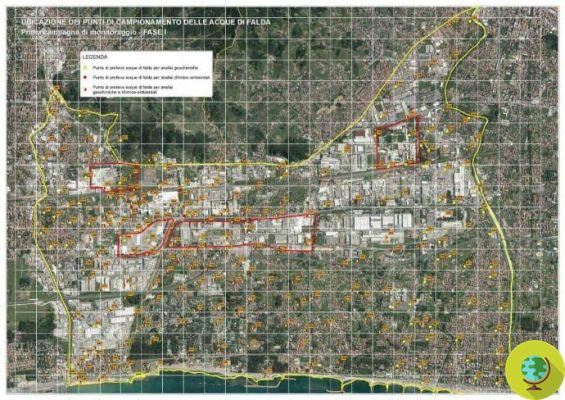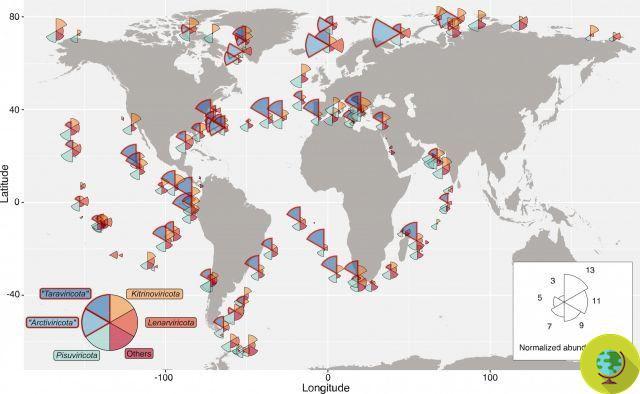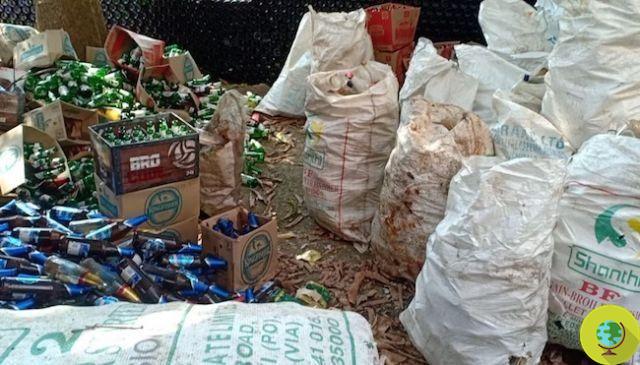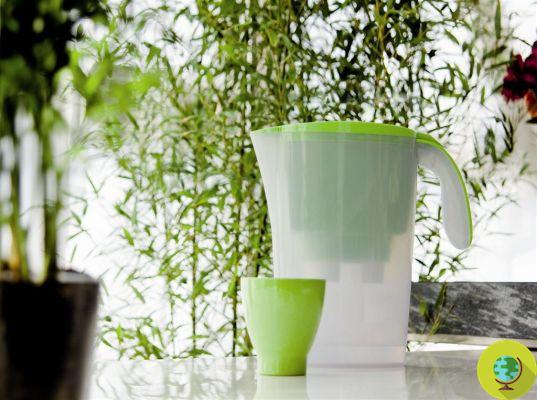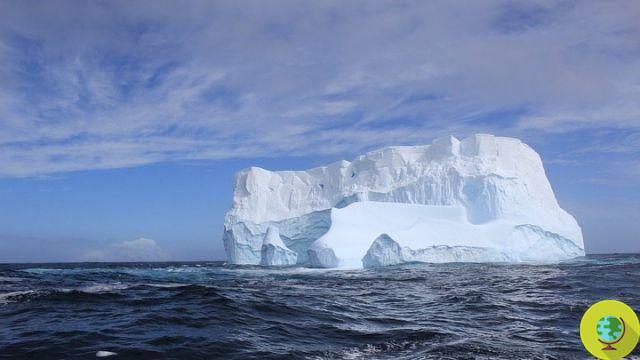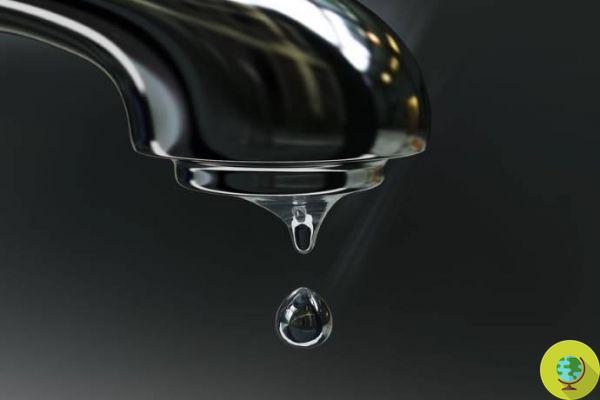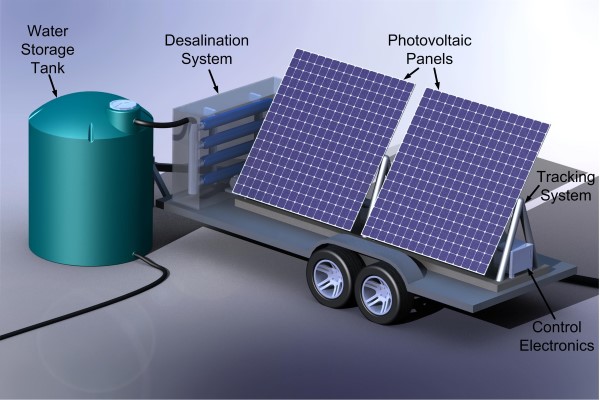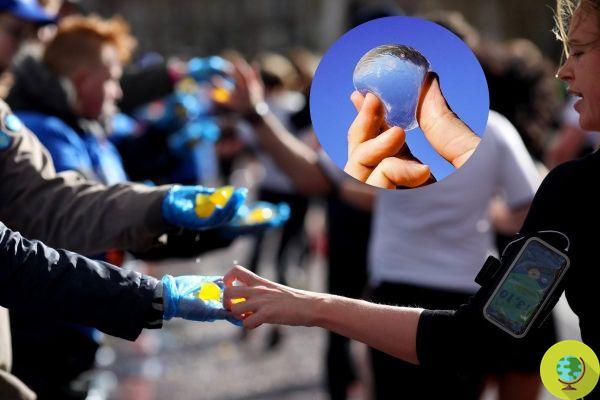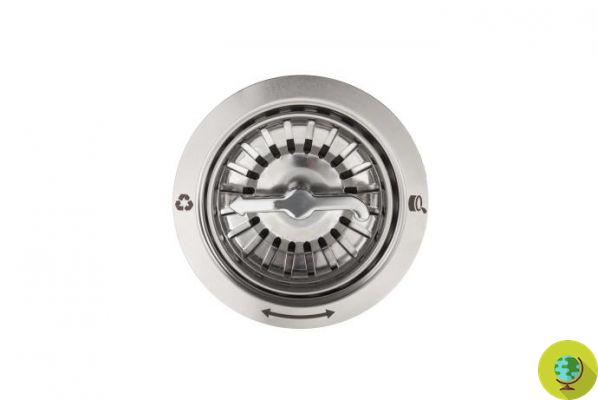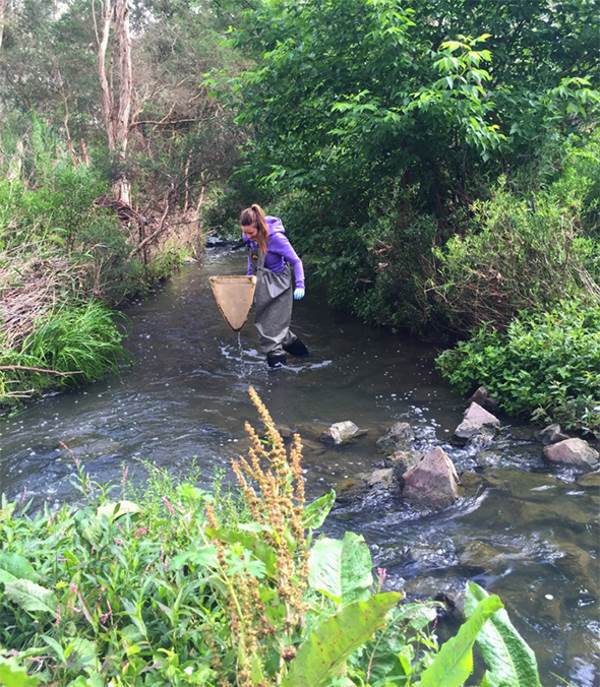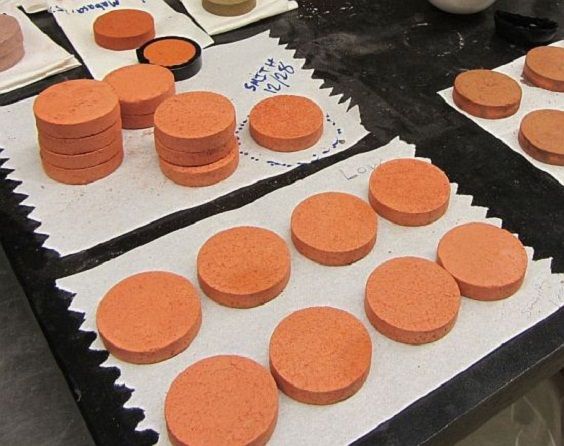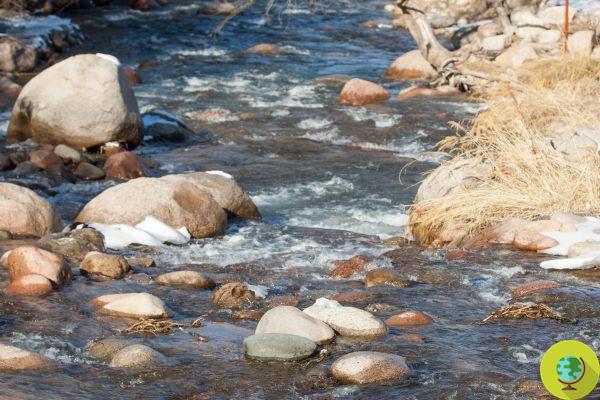
Nestlé's mining is depleting rivers and ecosystems to take water for resale in plastic bottles
He is about to end up run over, his mother saves himNestlé's mining is depleting rivers and ecosystems to take water for resale in plastic bottles
In California, in a national forest two hours east of Los Angeles, a network of clear waterways runs along the side of a steep rocky mountain.
Among them, the bed of the Strawberry Creek creek it is dry, and the springs from which water once flowed are now reduced to small rivulets. Strawberry Creek is the emblem of the intense and complex struggles taking place in America between Nestlé, environmentalists and government officials in an eternal battle on water control.
Last year in fact Nestlé has stolen 45 million liters of water from the springs uncontaminated of this torrent, to bottle and resell it with the Arrowhead Water label, making profits of over 7 billion dollars.
It seems that the Swiss multinational paid the US forestry service so as not to have to declare its activities, which they have today altered the state of the stream: the extraction of water is in fact drying up the surface water resources and is heavily altering the ecosystem.
The state is investigating to determine whether Nestlè's mining activity took place legally or not and already in 2017 ordered the multinational to "immediately cease any unauthorized diversion".
Despite this, the following year the forest service has approved a new permit valid for another five years which allows Nestlé to continue using federal land to extract water.
Nestlé, which owns 51 brands including Ice Mountain, Poland Spring and Zephyrhills, claims to work responsibly, preserving America's water resources from which it draws sustainably.
The multinational also insists that the company has obtained on a regular basis the authorizations to extract water from Strawberry Creek when he bought Arrowhead.
Those who oppose Nestlè's mining activities see a very different reality: the company is seen as one predatory company which caters to communities in need by promising jobs and other benefits to win over small-town officials. So obtains permits to extract water from precious springs, as happened with Strawberry Creek.
The battle with Nestlé is not a recent one and it is not just about the Strawberry Creek case.
Secondo la Food and Water Watch, Nestlé donated a whopping $ 634.000 to Maine politicians between 2001 and 2012, and also made donations to Boy Scouts, purchased equipment for the ski team and sponsored fairs and events. In a recent legal challenge involving the multinational, Maine judges upheld a deal that allows Nestlé to draw 75 million gallons a year from a Fryeburg well for 45 years.
In Michigan, where the company pumps 1.100 gallons of water per minute through several wells, Nestlé has donated new ambulances and fireworks for communities in financial need.
Returning to the case of Strawberry Creek, the decision to renew mining permits a Nestlé refers to a 2017 Trump executive order requiring federal agencies to "ensure that the private property rights of water users are not encumbered when attempting to obtain permits to operate on public land."
Gary Earney, former leader of the Forest Service, was responsible for water permits issued to Nestlé between 1984 and 2007 and is today a major critic of those permits.
During that time, Earney witnessed devastating cuts to the Forest Service budget that made it impossible to monitor Nestlé's activities or manage the forest properly.
Nestlè therefore founded a non-profit association with which it financed projects for the Forest Service, officially to help officials in economic difficulty.
Earney said he was once questioned by the FBI about the possibilities cases of corruption that would have involved Nestlè. The multinational, in fact, extracted water by paying negligible amounts for the permits and according to Earney there is no doubt that Nestlé had a informal agreement with the forestry service.
Nestlé spokesperson Alix Dunn defended the company saying Nestlé's generosity was misrepresented.
Meanwhile, US water sales continue to grow: Nestlé sold $ 4,5 billion worth of bottled water in North America last year. From California to Maine, worries also grow along with sales of residents and environmentalists regarding Nestlé's environmental impact.
Along the Strawberry Creek, where Nestlé's mining wells are located, vegetation, insects and wildlife have diminished and the ecosystem is depleting. The forest service requested a three-year study on Nestlé's impact on the waters of this stream and the surrounding environment, but Nestlé itself is conducting the study, the results of which will not be made public.
In Fryeburg, the company's activities have drained the wells and exhausted the aquifer.
Nestlé plans to extract 1,1 million gallons a day from springs feeding the Santa Fe River in central Florida, four times more than in the past - as a result, the already depleted aquifer will run out.
In 2003, a Michigan court ruled that Nestlé was solely responsible for the decrease in the Dead River's water from which it ran out of 400 gallons per minute. The legal battle after nine years, when Nestlé agreed to drastically reduce the amount of water withdrawn.
The Dead River case represented one big win for environmentalists. Jim Olson, a lawyer who fought alongside Evart residents, stressed the importance of water laws, which he called "the hinge on whether or not to privatize public water."
Because in addition to the environmental impact, in the battle over water the debates lead back to a fundamental question: it is right that water be commodified and sold by private industry or is it a fundamental human right?
Read also:
- Do Nestlè and Coca Cola want to privatize one of the largest aquifers in the world?
- Deforestation and fires in the Amazon: from Nestlè to Carrefour, here are the multinationals with a guilty conscience
- No more plastic packaging! Greenpeace blitz against Nestlé: activists at the Ruspino factory
Tatiana Maselli




